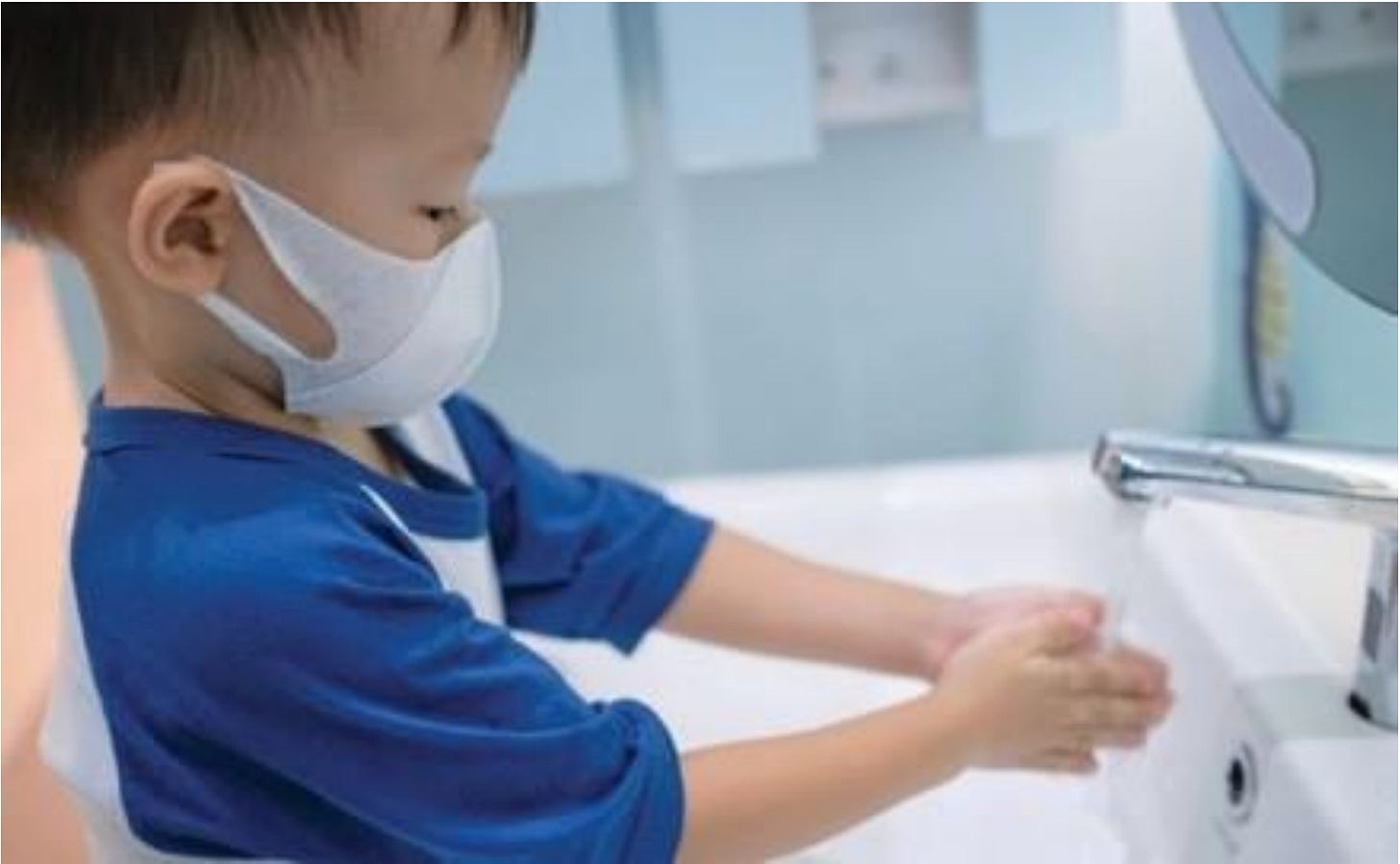Toddlers now being forced to wear masks all day under N.C.'s draconian new child care rules
Child care centers face severe penalties for not complying
Toddlers as young as 2 are now being required to wear masks throughout the day under Gov. Roy Cooper’s stringent new rules for child care facilities across North Carolina.
Countless hours have been spent dissecting Cooper’s COVID pronouncements on K-12 public schools, particularly when it comes to mask policies. The governor announces them during press conferences that capture the media’s attention statewide.
But behind the scenes, the Cooper administration has rules for the state’s daycares and other child care facilities as well — and they’re even more draconian.
Under the administration’s new “toolkit” for childcare centers, children age 2 or older are directed to wear masks at nearly all times while indoors. The only exceptions are while eating or sleeping.
These rules went into place on August 2. Previously, children were only told to wear masks once they hit age 5 or start kindergarten.
Child care centers technically have lat…



